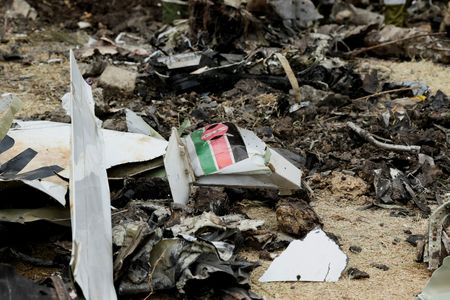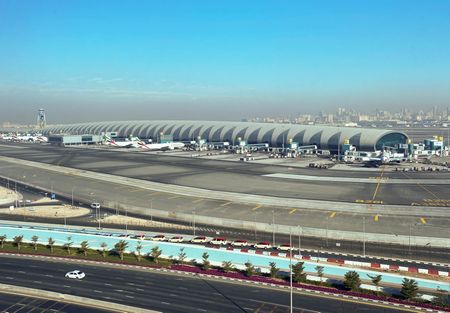LUSAKA (Reuters) -Zambia denied on Thursday that an acid spill in its copper-mining region six months ago still posed a serious health risk, a day after the U.S. embassy restricted travel to the area for U.S. officials citing widespread contamination.
The spill occurred in February, when a tailings dam failed at a Chinese-run copper processing plant, spewing 50,000 cubic metres of acidic slurry into nearby rivers.
The Southern African country’s government has sought to clean up affected areas using lime to lower acidity levels and said there was no need for alarm.
“Laboratory results show that the pH (acidity) levels have returned to normal and concentrations of heavy metals are steadily decreasing, which means that the immediate danger to human, animal and plant life has been averted,” government spokesperson Cornelius Mweetwa told a press conference.
Water and sanitation minister Collins Nzovu said Zambia would speak to the U.S. over the concerns it had raised.
The U.S. health alert on Wednesday said the acid spill had polluted water and soil around the town of Chambishi where the plant is located and that contaminants could also become airborne.
The company that operates the plant, Sino Metals Leach Zambia, has cooperated fully with the government and is paying for mitigation measures, Mweetwa said.
A spokesperson for Sino Metals Leach Zambia did not respond to Reuters’ questions on Thursday, stating the company had nothing to add to the government’s comments on the acid spill.
(Reporting by Chris Mfula;Additional reporting by Sfundo Parakozov;Editing by Alexander Winning and Joe Bavier)







